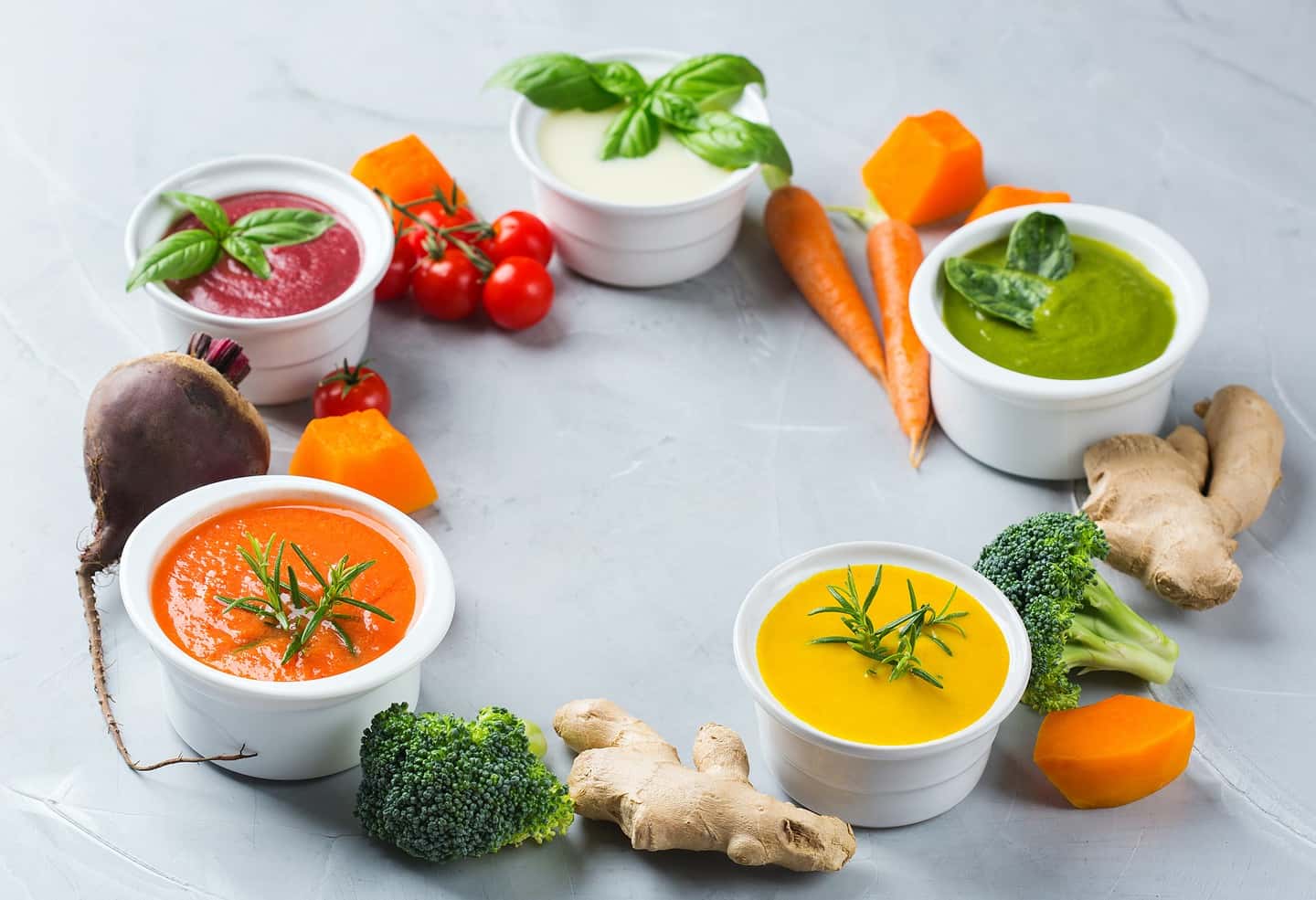
If you are looking to reduce your risk of Alzheimer disease, you might want to pile lots of veggies on your plate. According to a new study, people who eat lots of veggies rich in carotenoids appear less likely to develop Alzheimer disease. A previous study showed that when people with the condition took carotenoid supplements with fish oil, their disease progressed more slowly.
Findings from the Rush Memory and Aging Project:
A long-term study, the Rush Memory and Aging Project, included 927 older individuals with no dementia at the start of the study. The volunteers filled out questionnaires about what they ate. Those with the highest intakes of carotenoids were only half as likely to develop Alzheimer disease (American Journal of Clinical Nutrition, Jan. 2021).
The researchers were interested in brain pathology as well. During the study time frame, 508 people died and underwent autopsy. Those who had consumed more carotenoids were less likely to have plaques and tangles upon autopsy. These features are associated with Alzheimer disease. Consequently, the conclusions are similar for people who survived as for those who died. Lots of veggies are better for the brain.
Lots of Veggies Contain Carotenoids:
The scientists found the best evidence for protection from total carotenoids. They also looked at individual compounds like beta-carotene, lycopene, lutein-zeaxanthin and beta-cryptoxanthin. Carotenoids are colorful compounds that give plants yellow, orange or reddish hues. The body converts most of them into vitamin A (retinol). However, lutein, lycopene and zeaxanthin are exceptions, as they cannot be converted.
Veggies like pumpkin, squash, carrots and collards are good sources of carotene compounds. So are tomatoes, tangerines, peas, kale and cantaloupe. Fruits like tomatoes (yes, they are a fruit) and watermelon provide lots of lycopene. Pumpkin, papayas, red bell peppers and oranges offer beta-cryptoxanthin. So do tangerines, nectarines, carrots and yellow corn. For lutein and zeaxanthin, look to spinach, kale, collards and other greens (dandelion, mustard, turnip). Other good sources are both summer and winter squash, peas, corn, Brussels sprouts and broccoli.
In addition to carotenoids, this produce also provides vitamins, minerals and fiber. That’s why we recommend eating lots of veggies rather than taking supplements to get the benefits from carotenoids. If you would like some ideas on how to cook them, you’ll find delicious instructions in our book, Recipes & Remedies From The People’s Pharmacy.
Citations
- Yuan C et al, "Dietary carotenoids related to risk of incident Alzheimer dementia (AD) and brain AD neuropathology: a community-based cohort of older adults." American Journal of Clinical Nutrition, Jan. 2021. https://doi.org/10.1093/ajcn/nqaa303

